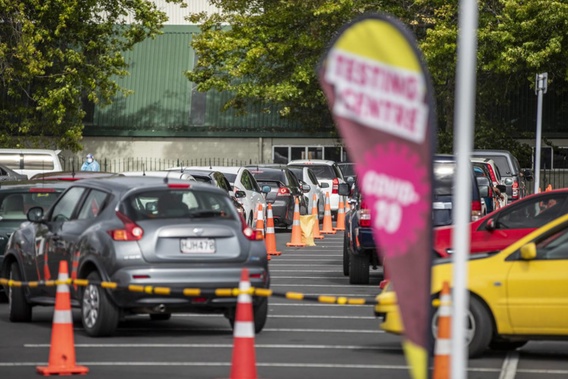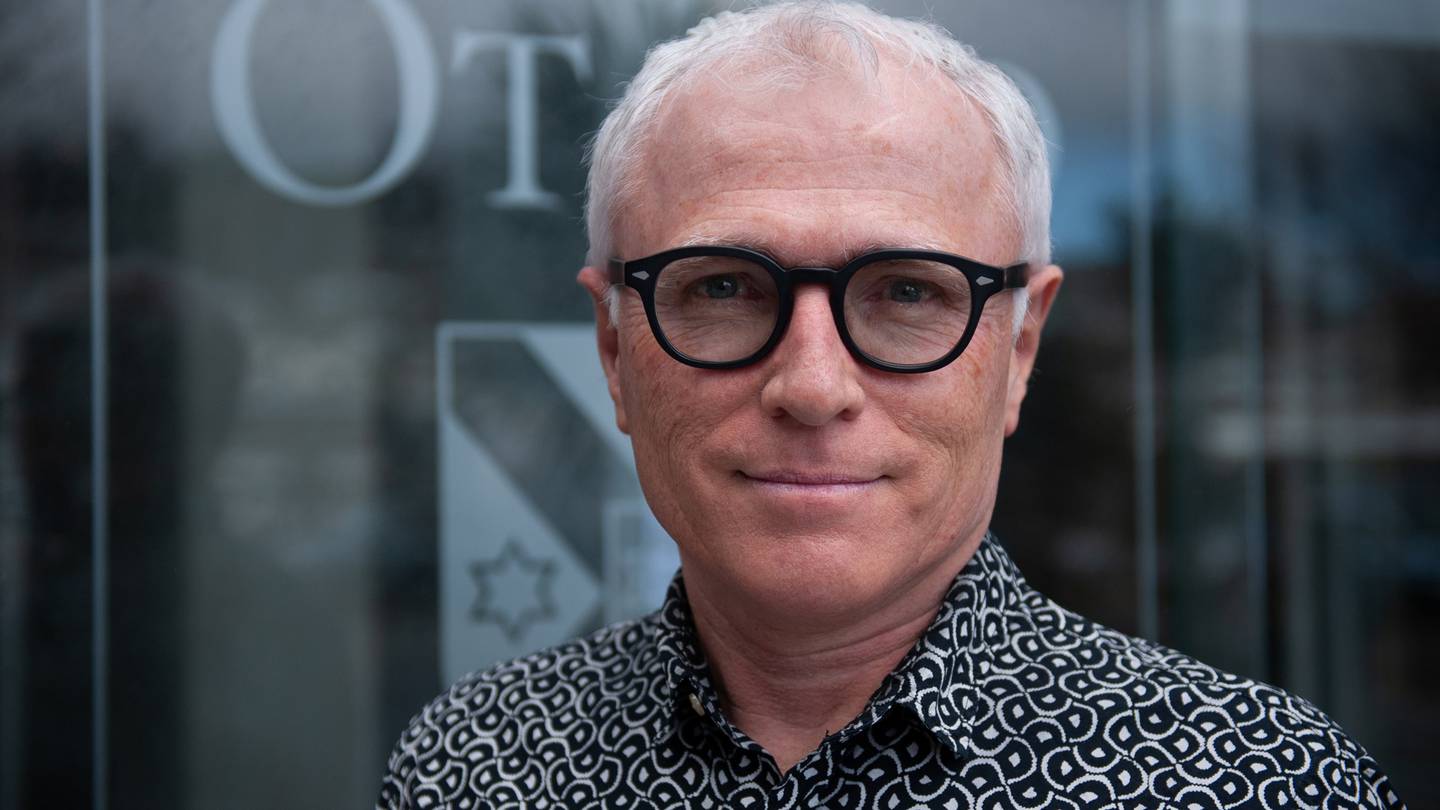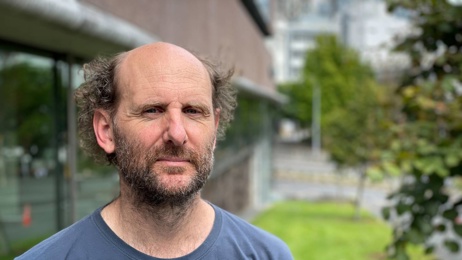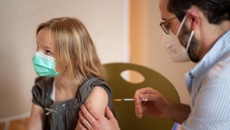
New Zealand could see 600 Covid-19 cases a day by early next week as community case numbers grow by almost 100, with 306 reported by health officials today.
University of Otago professor Michael Baker said today's reported Covid-19 case numbers were consistent with short-term projections of the outbreak, which "accelerated" two weeks ago.
Community case numbers jumped from 23 on January 26 to 45 the following day and to 105 the next day – and had been continuing on a "very steep climb" since then.
"That's really two weeks of an exponential rise. It's important not to look at a single day but to look at the trend and certainly [the] moving average is just going straight up and it has been for two weeks."

Otago University epidemiologist Professor Michael Baker said New Zealand's current outbreak accelerated two weeks ago. Photo / Supplied
Omicron was demonstrating a doubling time of around five days, Baker said, which was a "gentler" rise than other countries with a doubling time of two to three days.
"That was the experience in places like Sydney, in particular, where they did take a "let it rip" approach.
"I think the New Zealand approach, as we know, is more cautious and that is very good news for us because it means people are getting precious time get boosted and get their vaccines which is going to protect them against this variant and giving time for our hospitals and essential industries to get better organised to deal with this."
With the current doubling time, Baker said case numbers in another five or six days could track towards 600 and exceed 1000 in five to six days after that.
"You wouldn't put a precise estimate but the direction of the curve is very consistent. It is rising rapidly and we will obviously start to see numbers we've never seen before in New Zealand."
The first Covid-19 case for this outbreak was recorded in the Southern DHB area today - in Queenstown - and health officials have released locations of interest for the South Island town.
Baker said the detection of the Queenstown case was expected.
"We're not really restricting the movement of Omicron around New Zealand. There is some acceptance that this virus will become widespread in terms of the rise in cases and the widespread distribution, so basically everyone in New Zealand can expect to have contact with people who are infected with this virus over the next two to three months and that's why people need to take precautions."
Associate Professor Arindam Basu, of the University of Canterbury, said he wouldn't be surprised if New Zealand was at the beginning of an "exponential spread" of the virus.
"It may be too early still but we will have to keep an eye out ... keep our fingers crossed this is not the beginning of an exponential spread. If that happens we are soon going to see a large number of cases spreading up all over the country."
Basu said when case numbers for Omicron start doubling every three days we would then see "exponential growth taking off" but we were not there yet.
"At the moment [the doubling time is] not bad, but the moment it goes to three days you'll start seeing [the case tally] jump up and that's what we call an exponential spread."
Basu said the public health measures were weapons "in our arsenal" to help protect people from the virus, including wearing face masks, especially in crowded spaces, but also avoiding crowded places where possible, getting a booster dose, and maintaining basic hygienic measures.
Baker said there was good news in that for people who were relatively young, healthy, vaccinated and boosted, it would be a mild illness and in many cases, they may see no symptoms at all.
However, some groups would have to take a lot more care to avoid the virus.
"These are older people and people [with an] underlying illness, even when they're fully vaccinated and boosted, they are still more vulnerable to going to hospital and having a poor outcome because their immune systems are not performing as well as in a younger person."
That group could start thinking about reducing their exposure to the virus in the community and taking extra precautions, Baker said, such as limiting their circle of social contacts.
Today's new community cases were in Northland (12), Auckland (216), Waikato (48), Tairāwhiti (4), Bay of Plenty (7), Lakes (6), MidCentral (2), Taranaki (5), Hutt Valley (3) and the Capital and Coast (3).
Thirty cases were detected at the border. There were 12 people are in hospital with Covid-19 at North Shore, Middlemore, Auckland, Rotorua, Bay of Plenty and Christchurch facilities but none were in intensive care.
Take your Radio, Podcasts and Music with you









